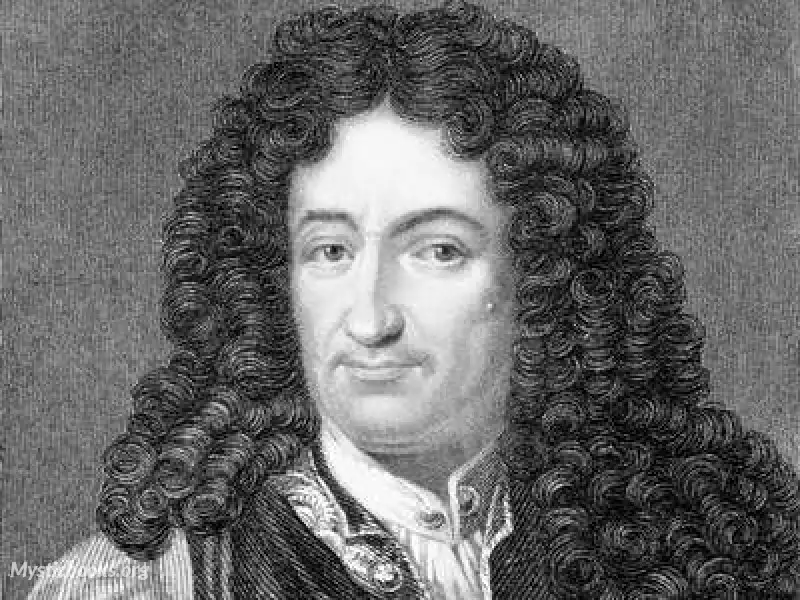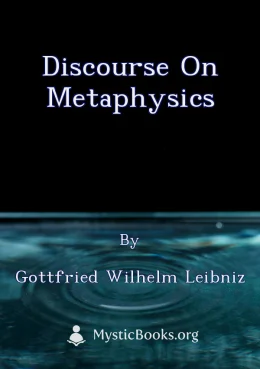
Timeline
Title
Country/Nationality
Gottfried Wilhelm Leibniz
Gottfried Wilhelm (von) was a German polymath active as a mathematician, philosopher, scientist, and diplomat. He is a prominent figure in both the history of philosophy and the history of mathematics. He wrote works on philosophy, theology, ethics, politics, law, history, and philology. Leibniz also made major contributions to physics and technology, and anticipated notions that surfaced much later in probability theory, biology, medicine, geology, psychology, linguistics, and computer science. He also contributed to the field of library science: while serving as overseer of the Wolfenbüttel library in Germany, he devised a cataloging system that would have served as a guide for many of Europe's largest libraries. Leibniz's contributions to this vast array of subjects were scattered in various learned journals, in tens of thousands of letters, and in unpublished manuscripts. He wrote in several languages, primarily in Latin, French and German, but also in English, Italian and Dutch.
Gottfried Leibniz was born on 1 July 1646, toward the end of the Thirty Years' War, in Leipzig, Saxony, to Friedrich Leibniz and Catharina Schmuck. Friedrich noted in his family journal:
- Juny am Sontag 1646 Ist mein Sohn Gottfried Wilhelm, post sextam vespertinam 1/4 uff 7 uhr abents zur welt gebohren, im Wassermann.
In English:
On Sunday 21 June [NS: 1 July] 1646, my son Gottfried Wilhelm was born into the world a quarter before seven in the evening, in Aquarius.
Leibniz was baptized on 3 July of that year at St. Nicholas Church, Leipzig; his godfather was the Lutheran theologian Martin Geier . His father died when he was six years old, and from that point on, Leibniz was raised by his mother.
Leibniz's father had been a Professor of Moral Philosophy at the University of Leipzig, and the boy later inherited his father's personal library. He was given free access to it from the age of seven. While Leibniz's schoolwork was largely confined to the study of a small canon of authorities, his father's library enabled him to study a wide variety of advanced philosophical and theological works—ones that he would not have otherwise been able to read until his college years. Access to his father's library, largely written in Latin, also led to his proficiency in the Latin language, which he achieved by the age of 12. He also composed 300 hexameters of Latin verse, in a single morning, for a special event at school at the age of 13.
In April 1661 he enrolled in his father's former university at age 14, and completed his bachelor's degree in Philosophy in December 1662. He defended his Disputatio Metaphysica de Principio Individui (Metaphysical Disputation on the Principle of Individuation), which addressed the principle of individuation, on 9 June 1663. Leibniz earned his master's degree in Philosophy on 7 February 1664. He published and defended a dissertation Specimen Quaestionum Philosophicarum ex Jure collectarum (An Essay of Collected Philosophical Problems of Right), arguing for both a theoretical and a pedagogical relationship between philosophy and law, in December 1664. After one year of legal studies, he was awarded his bachelor's degree in Law on 28 September 1665. His dissertation was titled De conditionibus (On Conditions).
In early 1666, at age 19, Leibniz wrote his first book, De Arte Combinatoria (On the Combinatorial Art), the first part of which was also his habilitation thesis in Philosophy, which he defended in March 1666. De Arte Combinatoria was inspired by Ramon Llull's Ars Magna and contained a proof of the existence of God, cast in geometrical form, and based on the argument from motion.
Leibniz managed to delay his arrival in Hanover until the end of 1676 after making one more short journey to London, where Newton accused him of having seen his unpublished work on calculus in advance. This was alleged to be evidence supporting the accusation, made decades later, that he had stolen calculus from Newton. On the journey from London to Hanover, Leibniz stopped in The Hague where he met van Leeuwenhoek, the discoverer of microorganisms. He also spent several days in intense discussion with Spinoza, who had just completed his masterwork, the Ethics.
In 1677, he was promoted, at his request, to Privy Counselor of Justice, a post he held for the rest of his life. Leibniz served three consecutive rulers of the House of Brunswick as historian, political adviser, and most consequentially, as librarian of the ducal library. He thenceforth employed his pen on all the various political, historical, and theological matters involving the House of Brunswick; the resulting documents form a valuable part of the historical record for the period.
Leibniz began promoting a project to use windmills to improve the mining operations in the Harz Mountains. This project did little to improve mining operations and was shut down by Duke Ernst August in 1685.
Among the few people in north Germany to accept Leibniz were the Electress Sophia of Hanover (1630–1714), her daughter Sophia Charlotte of Hanover (1668–1705), the Queen of Prussia and his avowed disciple, and Caroline of Ansbach, the consort of her grandson, the future George II. To each of these women he was correspondent, adviser, and friend. In turn, they all approved of Leibniz more than did their spouses and the future king George I of Great Britain.
Leibniz died in Hanover in 1716. At the time, he was so out of favor that neither George I (who happened to be near Hanover at that time) nor any fellow courtier other than his personal secretary attended the funeral. Even though Leibniz was a life member of the Royal Society and the Berlin Academy of Sciences, neither organization saw fit to honor his death. His grave went unmarked for more than 50 years. He was, however, eulogized by Fontenelle, before the French Academy of Sciences in Paris, which had admitted him as a foreign member in 1700. The eulogy was composed at the behest of the Duchess of Orleans, a niece of the Electress Sophia.
Leibniz never married. He complained on occasion about money, but the fair sum he left to his sole heir, his sister's stepson, proved that the Brunswicks had, by and large, paid him well. In his diplomatic endeavors, he at times verged on the unscrupulous, as was all too often the case with professional diplomats of his day. On several occasions, Leibniz backdated and altered personal manuscripts, actions which put him in a bad light during the calculus controversy.
He was charming, well-mannered, and not without humor and imagination. He had many friends and admirers all over Europe. He identified as a Protestant and a philosophical theist. Leibniz remained committed to Trinitarian Christianity throughout his life.
Books by Gottfried Wilhelm Leibniz

The Monadology
The Monadology is one of Gottfried Leibniz's best known works of his later philosophy. It is a short text which presents, in some 90 paragraphs, a metaphysics of simple substances, or monads.

Discourse on Metaphysics
Leibniz's *Discourse on Metaphysics* delves into fundamental philosophical questions about the nature of reality, the role of God, and the relationship between mind and body. He presents his theory of pre-established harmony, arguing that God has cre...